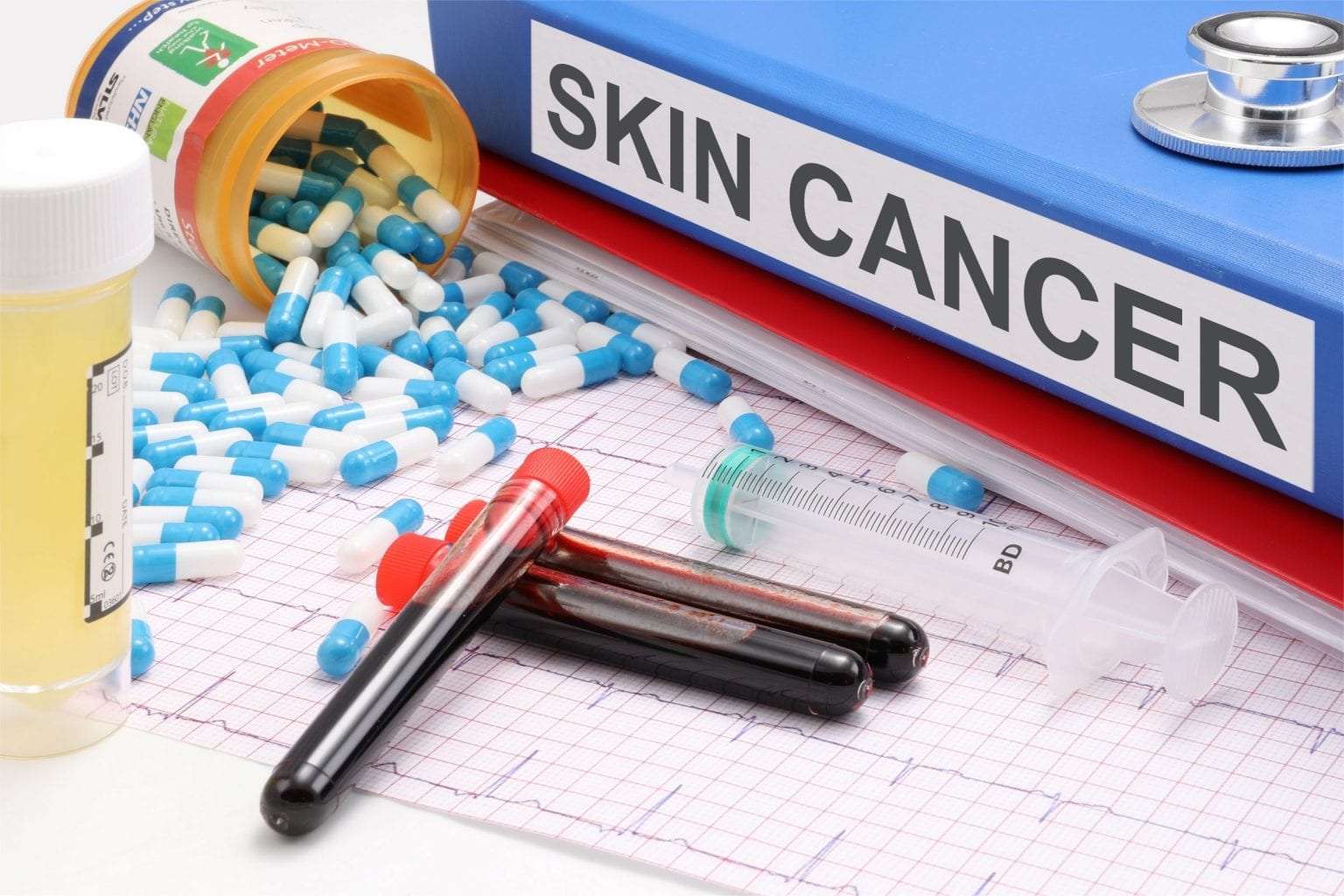Annual Skin Checks Crucial for Early Skin Cancer Detection
The Urgent Need for Increased Skin Cancer Awareness and Screening
May, designated as Skin Cancer Awareness Month, serves as a crucial reminder of the importance of regular skin checks and early detection. Despite this designation, a significant gap exists between awareness and action. A recent survey conducted by the Prevent Cancer Foundation reveals a concerning statistic: 70% of American adults aged 21 and older have not undergone a skin check in the past year. This alarming figure underscores the pressing need for increased education and access to skin cancer screenings. The most commonly cited reasons for neglecting skin checks include the absence of noticeable symptoms (29%), a lack of awareness regarding the necessity of checks (26%), and financial constraints (23%). This lack of proactive engagement with skin health highlights the critical need for broader public health initiatives focused on skin cancer prevention and early detection.
This data on skin cancer screening avoidance aligns with a broader trend of neglecting routine cancer screenings. The same Prevent Cancer Foundation report indicates that 65% of American adults aged 21 and older are not current with one or more recommended cancer screenings. These findings, derived from the Foundation’s inaugural Early Detection Survey, emphasize the critical importance of raising awareness and improving access to routine cancer screenings for prevention and early detection. Early detection plays a pivotal role in improving cancer outcomes, often leading to less extensive treatment, a wider range of treatment options, and significantly higher survival rates.
Skin cancer holds the distinction of being the most prevalent cancer diagnosis in the United States, yet it is also one of the most preventable. While approximately a quarter of survey participants reported having undergone a skin check within the past one to three years, a nearly identical proportion (24%) admitted to never having had a skin check. This stark contrast underscores the significant room for improvement in promoting regular skin examinations. Despite advancements in skin cancer screening and treatment, which have demonstrably reduced mortality rates, disparities in health outcomes persist. It is crucial to emphasize that individuals of all skin colors are susceptible to skin cancer. Although skin cancers are less common in non-white racial and ethnic groups, they are often diagnosed at later stages in these populations, resulting in poorer prognoses.
A contributing factor to the later-stage diagnoses in patients of color is the lower prevalence of skin cancer in these groups, leading to a decreased suspicion of skin cancer and potentially less frequent full-body skin exams. This disparity highlights the importance of culturally sensitive and targeted outreach efforts to ensure equitable access to skin cancer education and screening for all populations. Addressing these disparities requires a multifaceted approach involving healthcare providers, community organizations, and public health campaigns to promote skin cancer awareness and encourage regular skin checks regardless of skin color.
The Prevent Cancer Foundation survey also revealed that individuals who were not up-to-date with their skin cancer screenings expressed a greater willingness to prioritize these checks if an at-home testing option were available (28%). While no at-home skin cancer test currently exists, individuals are strongly encouraged to conduct monthly self-skin exams in addition to annual skin checks performed by a healthcare professional. The ABCDEs of skin cancer provide a valuable framework for self-exams: Asymmetry, Border irregularity, Color that is not uniform, Diameter greater than 6mm, and Evolving size, shape, or color. Any observed changes in a mole’s size, shape, or elevation, or the onset of new symptoms like bleeding, itching, or crusting, warrant prompt consultation with a healthcare provider.
Early detection is paramount in achieving better cancer outcomes, as emphasized by Heather Mackey, DNP, ANP-BC, AOCN, Senior Director of Cancer Prevention and Early Detection at the Prevent Cancer Foundation. Regular cancer screenings appropriate for each age group are crucial for maintaining good health. Monthly self-skin exams and annual skin checks are simple yet effective preventive measures that individuals should prioritize year-round, not just during the summer months. The Prevent Cancer Foundation offers comprehensive information and resources on various cancer types, including details on relevant screenings, on their website (www.preventcancer.org/betteroutcomes). For more specific information on skin cancer and risk reduction strategies, visit www.preventcancer.org/skin. The cancer screenings covered in the 2023 Early Detection survey encompass breast, cervical, colorectal, oral, lung, prostate, skin, and testicular cancers. While the United States Preventive Services Task Force (USPSTF) does not currently include skin cancer screening in its recommendations, the Prevent Cancer Foundation strongly advocates for monthly self-skin checks and annual full-body skin exams by a healthcare provider as part of routine physicals. This proactive approach can significantly contribute to early detection and improved outcomes for skin cancer.
Share this content:












Post Comment